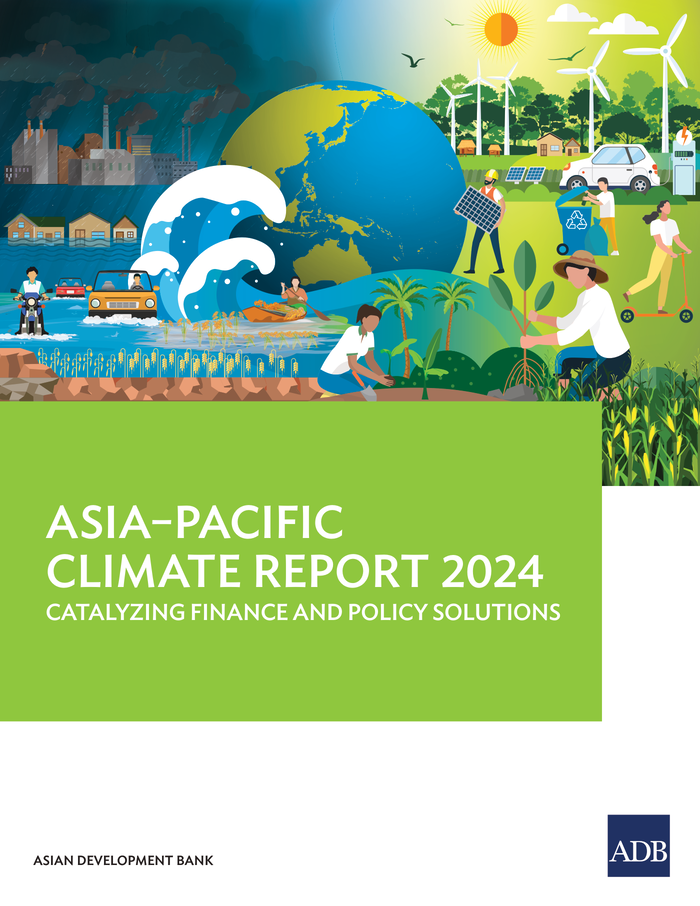attachment
ADB says climate change could reduce GDP in developing Asia-Pacific regions by 17% by 2070
MANILA, Philippines (October 31, 2024) — A new Asian Development Bank (ADB) study finds that the effects of climate change will increase greenhouse gas emissions by It turns out that GDP could fall by 17% by 2070. scenario, it would rise to 41% by 2100.
Rising sea levels and declining labor productivity will cause the greatest losses, with lower incomes and weaker economies being hit hardest. The new study, published in the inaugural issue of ADB’s Asia-Pacific Climate Report, details a range of harmful impacts threatening the region. If the climate crisis continues to accelerate, up to 300 million people in the region could be at risk of coastal flooding, and trillions of dollars of coastal assets could be damaged each year by 2070.
“Climate change is making the region more vulnerable to tropical storms, heat waves, and floods, resulting in unprecedented economic challenges and human suffering,” said ADB President Masatsugu Asakawa. “We need urgent and well-coordinated climate action to address these impacts before it is too late. This climate report provides insights on how to finance urgent adaptation needs, It provides promising policy recommendations to developing country governments on how to reduce greenhouse gas emissions at the lowest cost.”
The report finds that public sentiment in the region supports climate action. This year’s ADB Climate Change Perceptions Survey found that 91% of respondents in 14 regional economies view global warming as a serious problem, and many say they want more ambitious government action.
Addressing growing climate risks requires accelerating adaptation responses, and it is essential to significantly scale up adaptation-focused climate finance. The report assesses the annual investment needs for countries in the region to adapt to global warming at between $102 billion and $431 billion, with 340% of the adaptation finance tracked in the region in 2021-2022. Well over a billion dollars. Government regulatory reform and increased awareness of climate risks are helping to attract new sources of private climate capital, but much larger flows of private investment are needed.
On the mitigation front, the region is well placed to embrace renewable energy to drive the transition to net zero, and promoting domestic and international carbon markets is a cost-effective way to tackle climate change. The report shows that this could help achieve that goal.
ADB is committed to a prosperous, inclusive, resilient, and sustainable Asia-Pacific region while continuing its efforts to eradicate extreme poverty. Founded in 1966, it has 69 members, 49 of whom are from within the region.
media contact
Disclaimer
Asian Development Bank © Asian Development Bank
Source link

